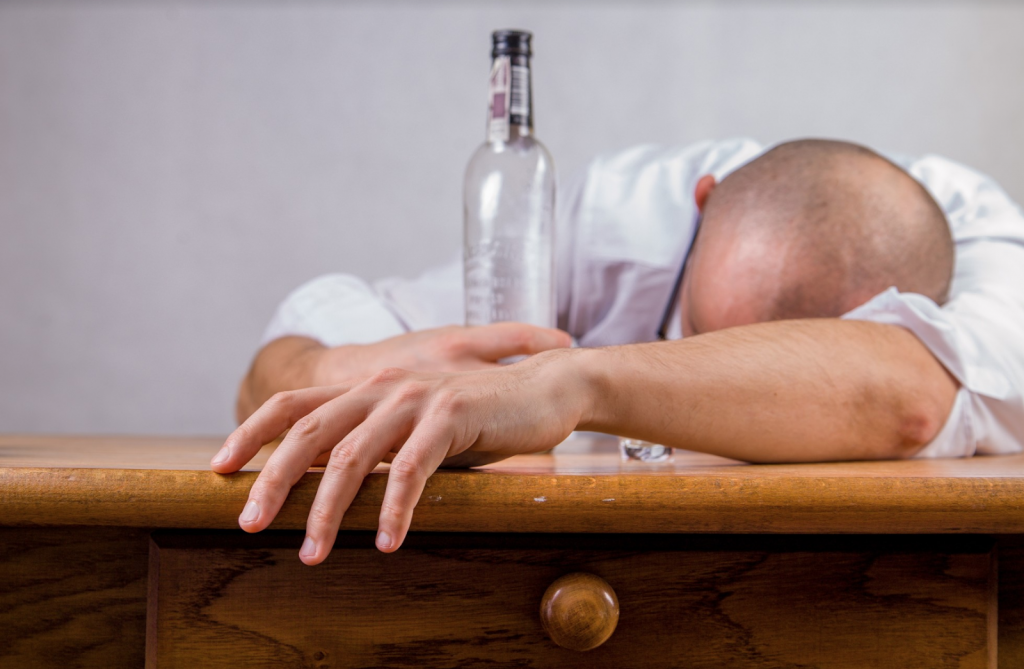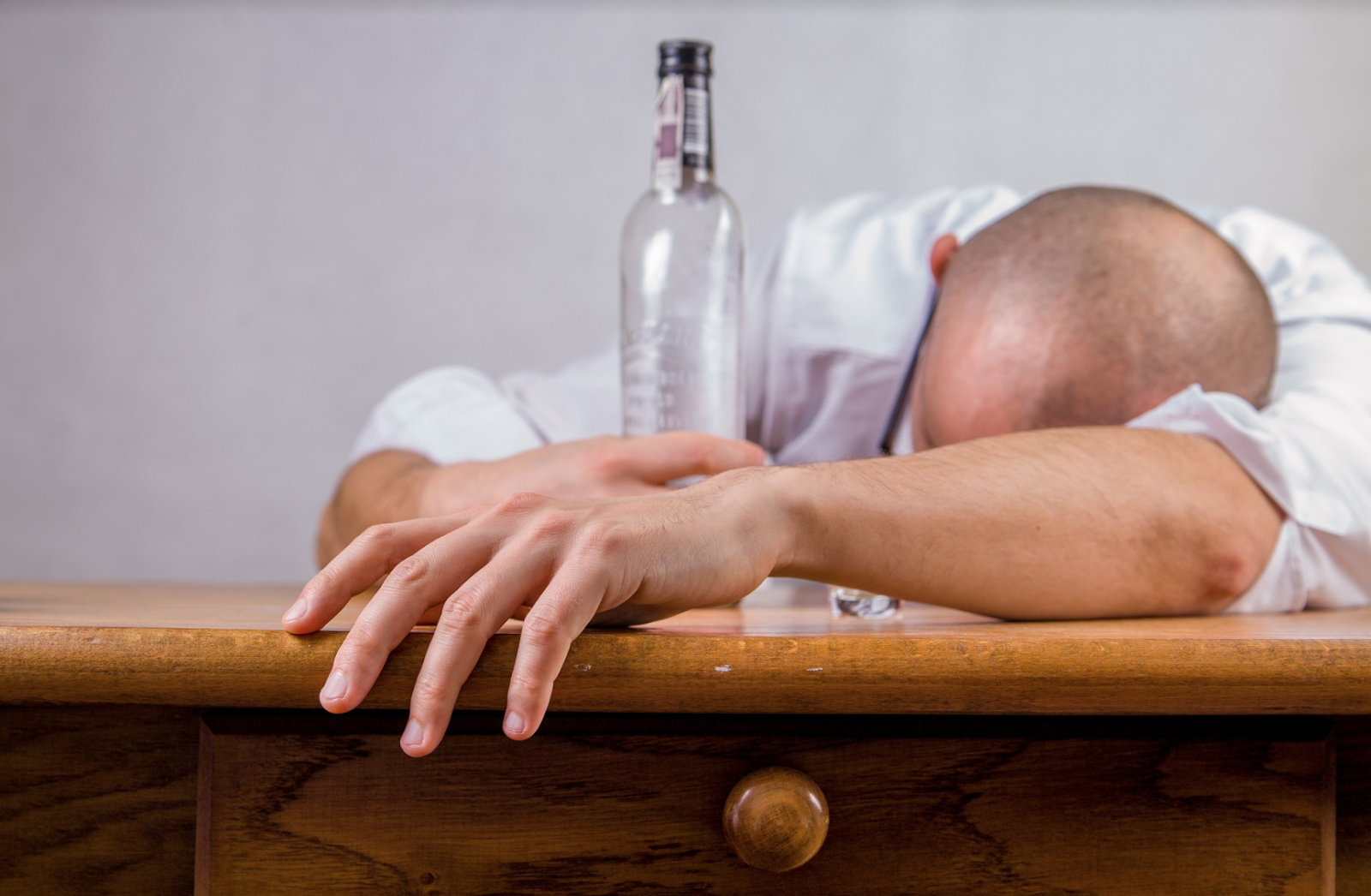Walking down the road of addiction is a life-changing event. It’s no easy path to tread, yet such an easy path to stumble onto. With this knowledge in mind, we’ve identified ‘7 Signs to Identify Addiction,’ and assist in recovery.
Addictions come in many shapes and sizes and go by many names. Regardless of what the addiction is centered on, however, it has the horrific potential of ruining your life. Addictions can be the root cause of destroyed relationships, lost jobs, financial problems, health issues, and more.
Do you understand how to know if you have an addiction?
It’s almost guaranteed that everyone on the planet is addicted to something, even if it’s minor and somewhat inconsequential – food, sex, pornography, videogames, TV, etc.
However, 1 in 7 Americans will deal with substance addiction. Substance addiction, unfortunately, has a far greater ability to become destructive in and around someone’s life.
Shockingly, even people suffering drug and alcohol addiction can remain oblivious to their own condition. Sometimes it’s because of fear or denial. Sometimes, people simply don’t know or recognize the signs.
We’re here to provide answers and guidance. Keep reading to understand and recognize the vital signs that point to addiction.
How to Know if You Have an Addiction
To be honest, if you’re wondering how to know if you have an addiction, there’s a strong likelihood you’re already there.
Don’t worry, however, the fact that you’re asking means you’ve already covered one of the first steps – recognizing there’s a problem. After you read the rest of this article, you can take the next step. If necessary, you can admit you have an addiction.
Before we get there, though, it’s important to read through these 7 important signs. Take each of them seriously and be honest with yourself. While reading this, set excuses and doubt aside.
In the end, have an honest conversation with yourself. If you recognize that you have an addiction, reach out to your family and friends, people you trust.
Then, with or without their help, start looking at recovery programs. Find a place with professionals who know how to treat addictions and put people back on their feet.
Now, let’s take a look at how to know if you may have an addiction.

1. You Have Mind Consuming Thoughts and Cravings
Everyone has wants, desires, and even cravings. However an addicts cravings are overwhelming. They’re consuming.
A traditional sign that an addiction is forming or has formed already presents itself in your mind.
When you’re addicted, once the idea of using pops into your head, you won’t be able to think of anything else. Until you satisfy that craving, whether it takes a day or a week, the thought will be there.
These thoughts start “innocently.” In your mind, you’re just “thinking” about it. It may even start out with you thinking about how it needs to stop.
However, the more you think about it, the more it starts to sound appealing. Before long, the appeal turns into a craving. Finally, the craving turns into a necessity.
Addicts go down this very train of thought all the time, sometimes every day. That’s why it’s so important to seek help. As an addict, you can’t trust your own mind.
It hurts to hear, but it’s a sincere truth.
2. You Make Broken “Last Time” Promises
The sincere truth mentioned above is validated if you’ve made and broken endless promises to never use again. Sadly, it’s an incredibly common behavior among addicts of all types.
As you begin to recognize that your substance usage may not be entirely in your control, you start making “last time” promises. In fact, you’ll often use these promises to justify one more relapse. In your mind, you honestly believe you’ll use one last time, and then your road to recovery will start.
Unfortunately, however, this is a form of denial. The fact is, there will always be an opportunity for “one more use” and addicts, by definition, can’t say “no”.
If you’re wondering how to know if you have an addiction, taking note of broken promises of last time substance use is a clear place to start. If you do find yourself making these promises, start making them to someone who can help keep you accountable. Additionally, this is a good time to seek counseling and other forms of professional help.
3. You Take Risks, Keep Secrets, and Lie to Cover Up Your Substance Use
As painful as it may be to hear, being an addict changes your behavior. Don’t misunderstand, being an addict doesn’t change who you are or make you a bad person. However, it does influence you to make bad decisions.
Although not everyone understands or accepts it, addiction is a disease. Similar to depression, anxiety, or bipolar disorder, it is a disease of the mind. While the path to becoming an addict is often within our control, substance abuse after the fact is not.
Once you’re addicted, you begin taking risks to satisfy your cravings. These risks include buying from drug dealers, stealing, using while at work, driving while intoxicated, and causing serious damage to your health. During your craving, these bad decisions all seem worth it.
Additionally, as an addict, you will find yourself lying to those around you. Addicts will lie to explain a missed an appointment, to get out of something to go home and use, to explain missing money, or to explain a change in behavior. Unfortunately, once you begin down a path of lies, it’s hard to stop.
Finally, along with lying comes keeping secrets. If you’re wondering how to know if you have an addiction, ask yourself if you’re keeping secrets. A common behavior of addicts is keeping their substance use and everything around it hidden from the people in their lives.
4. Your Friends, Family, or Co-Workers are Starting to Notice
One way to know if you have an addiction is if other people start pointing it out.
People who are close to you will know if something’s off. They may not come out and directly ask you if you have an addiction, but they will notice changes in your appearance, mood, and behavior.
Your instinct will be to lie and hide your substance abuse. Additionally, bringing it up and asking for help is incredibly difficult. If someone who loves you has noticed and is offering you their help, take this opportunity to come out of hiding.
Having just one person on your side who knows about your problem can make all the difference in the world. Don’t let pride or shame stop you from getting the help you need and beginning the process of recovery.
5. Your Addiction Interferes with Your Life
By now, you’re beginning to understand how to know if you have an addiction. Perhaps you are recognizing changes in your behavior or lies you are telling to yourself and others.
However, to drive the point home, let’s take a look at how your addiction is likely interfering with your life.
Addictive substance abuse, as discussed, often leads to poor decisions. This could be calling into work or just skipping a shift entirely. It could also mean falling behind on bills, distancing yourself from friends, or allowing yourself to adopt an unhealthy lifestyle.
Even temporarily, these behaviors can be detrimental to your well-being. However, if continued for long periods of time, these behaviors could lead to unemployment, lost relationships, homelessness, and even serious health problems. The final and most permanent repercussion could be a fatal one.
6. You Experience Withdrawal Symptoms
Learning how to know if you have an addiction may present itself when you try to stop using.
Addictions plague both the body and the mind. Not only can you become mentally and emotionally addicted to substances, but your body can become physically addicted as well.
Withdrawal symptoms take place when your body goes without the substance and it becomes distressed. These symptoms will be stronger based on the depth of your addiction. The sooner you realize you have a problem, the easier it will be to recover from it.
Withdrawal symptoms are also determined by what substance you’re addicted to. They range from irritation and anxiety to muscle soreness, seizures, and hallucinations.
There are multiple and unique symptoms for each type of addiction, however, the typical responses are as follows:
Alcohol withdrawal – a few days to a few weeks of tremors and/or seizures
Heroin and pain killers – 5 days of flu-like symptoms
Cocain – Up to 10 days of depression and restlessness
Benzodiazepines – Several weeks or months of seizures and anxiety
7. You Can’t Stop, Regardless of Negative Consequences
Finally, if you know a substance is causing negative consequences in your life but can’t stop using it, it’s a clear sign that you are addicted to it.
People are smart. Being an addict doesn’t change that. Therefore, whether you can stop yourself from using or not, you know it’s a problem and you’re aware of how dangerous it is.
However, intelligence and the ability to make good decisions can sometimes be stunted by pride and shame. Not wanting to admit they’ve lost control mixed with the shame of being labeled an addict prevents many people from seeking the help they need.
Change Your Circumstances Today
As we mentioned at the beginning of this article, if you’re wondering how to know if you have an addiction, you probably do.
Please, before your problem gets worse, seek help. Our treatment staff is well-trained and willing to help. Start turning things around now.
Contact us today and learn how we can help you take your life back.

